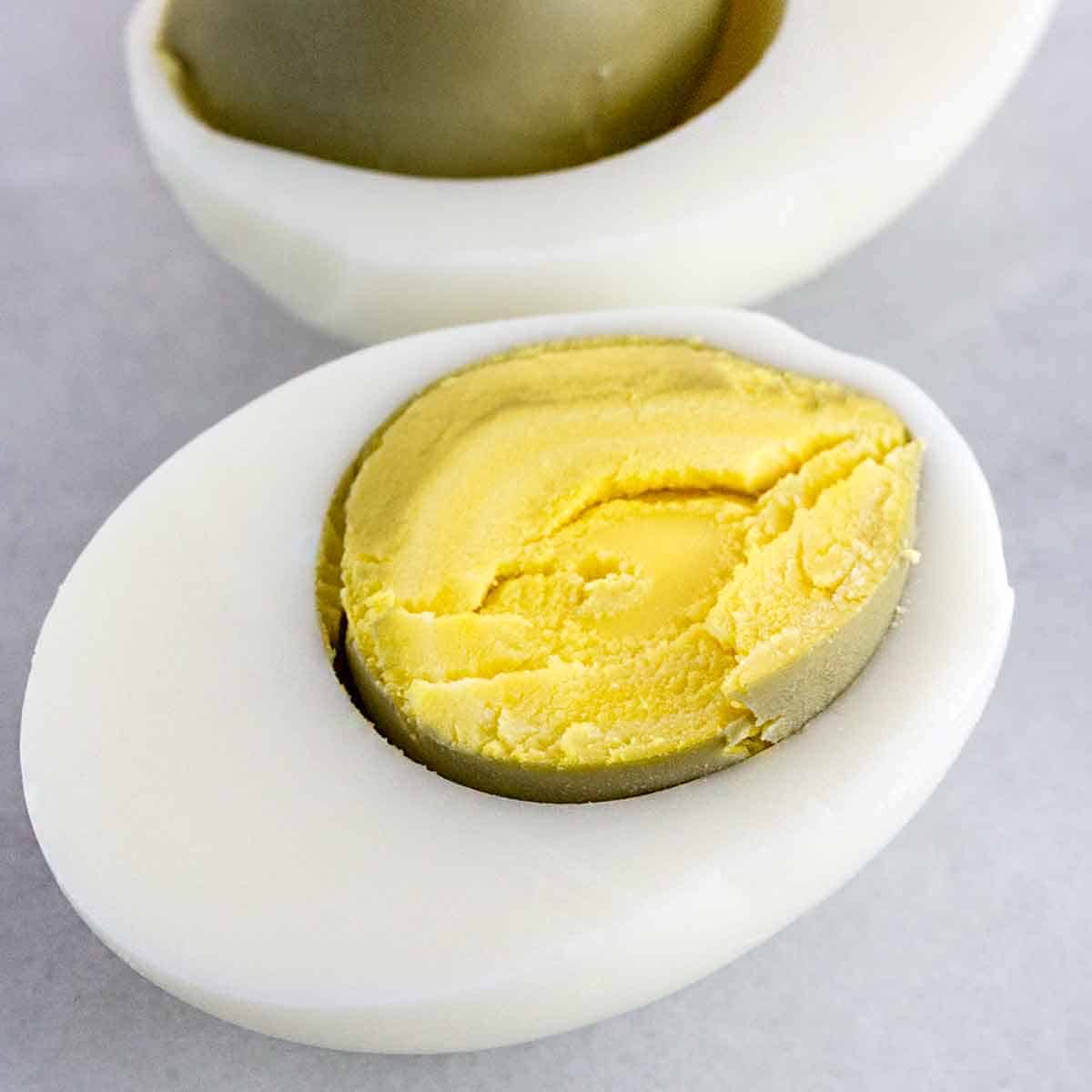Cholecalciferol
Micronutrient
Last update date: November 08, 2023
Cholecalciferol is commonly known as Vitmain D3. Vitamin D is made by the body when your skin is exposed to sunlight. It helps in the absorption of calcium and phosphorus.
Frequently Asked Questions
1.
What is Cholecalciferol?
Cholecalciferol, commonly known as Vitamin D, is a vital fat-soluble nutrient that plays a crucial role in facilitating the absorption of calcium and phosphorus by your body. Maintaining appropriate levels of Vitamin D, calcium, and phosphorus is essential for the development and preservation of robust and healthy bones.
2.
What is positive impact of Cholecalciferol?
Vitamin D, in conjunction with calcium, is instrumental in the treatment and prevention of bone loss, a condition known as osteoporosis. Moreover, it is employed alongside other medications to address deficiencies in calcium or phosphate stemming from specific disorders such as hypoparathyroidism, pseudohypoparathyroidism, and familial hypophosphatemia. Additionally, in cases of kidney disease, Vitamin D is administered to maintain normal calcium levels and support regular bone growth. For breast-fed infants, Vitamin D drops or supplements are provided as breast milk typically contains insufficient levels of this vital nutrient.
3.
What is negative impact of Cholecalciferol?
Under normal circumstances and at recommended doses, Vitamin D tends to have minimal to no adverse effects. However, if you experience any unusual reactions, it is advisable to promptly consult your healthcare provider or pharmacist.
4.
Who should avoid Cholecalciferol?
Certain formulations of Vitamin D supplements, such as liquid products, chewable tablets, or dissolving tablets, may contain ingredients like sugar, aspartame, or alcohol. If you have conditions like diabetes, liver disease, phenylketonuria (PKU), or any other ailment that necessitates restrictions or avoidance of these substances in your diet, exercise caution. It is wise to seek guidance from your doctor or pharmacist regarding the safe use of these products to prevent any potential complications.
5.
What are common sources of Cholecalciferol?
The primary sources of Cholecalciferol (Vitamin D) include the flesh of fatty fish and fish liver oils, making them excellent dietary options. Smaller but still valuable amounts of Vitamin D can be found in egg yolks, cheese, and beef liver. Additionally, certain types of mushrooms contain a form of Vitamin D known as Vitamin D2, contributing to your overall intake of this essential nutrient. Incorporating these foods into your diet can help ensure you meet your Vitamin D requirements for optimal health.
6.
What is cholecalciferol for skin?
Vitamin D3, or cholecalciferol, is a type of vitamin D naturally synthesized by your body when exposed to sunlight. In its active form, Vitamin D3 plays a crucial role in skin regeneration and various metabolic functions within the skin.
7.
Is cholecalciferol used for bones?
yes, cholecalciferol(vitamin D3) is needed to keep the bones healthy.
8.
How does cholecalciferol work?
Cholecalciferol helps the body to use more of the calcium found in foods or supplements.
9.
Who should not take cholecalciferol?
One should not take cholecalciferol if he/she is allergic to vitamin D.

















